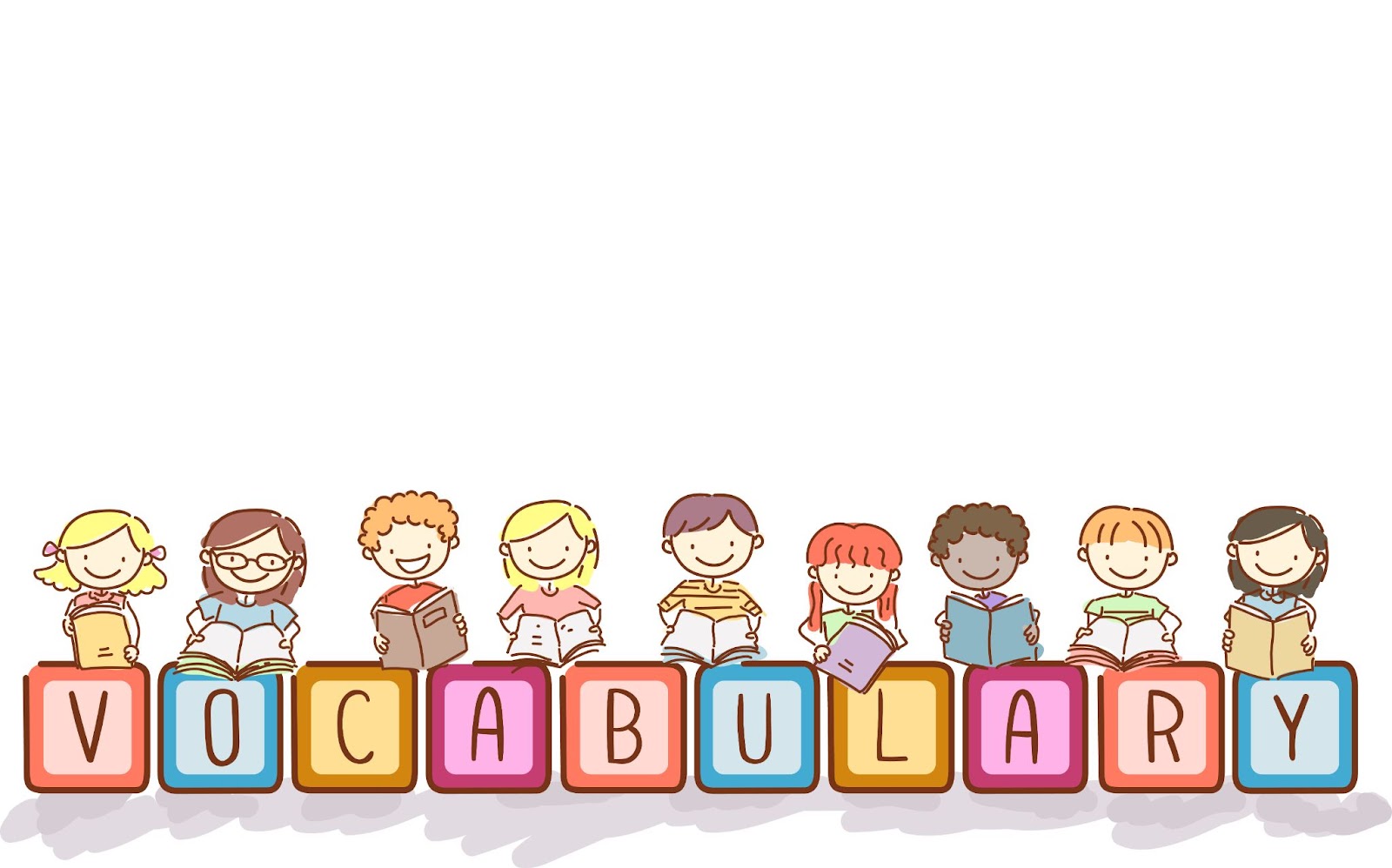Are you preparing for the IELTS Writing test and aiming for a high band score? One crucial aspect that can significantly impact your score is lexical resource – your ability to use a wide range of vocabulary accurately and appropriately. However, many test-takers struggle with lexical resource, making common mistakes that can hinder their performance. In this blog post, we’ll explore some of these common lexical resource mistakes in IELTS Writing and provide actionable solutions to help you avoid them.

1. Repetition of Vocabulary
One of the most prevalent mistakes in IELTS Writing is the repetition of vocabulary. Using the same words or phrases repeatedly can make your writing appear monotonous and may negatively affect your score. To avoid this, strive to diversify your vocabulary by incorporating synonyms, antonyms, and related terms.
Solution: Expand your vocabulary by actively learning new words and phrases. Make use of a thesaurus or vocabulary-building resources to find alternative expressions for commonly used words. Practice using synonyms in your writing to add variety and depth to your language.

2. Overuse of Basic Vocabulary
Another mistake is relying too heavily on basic vocabulary, which may lack sophistication and depth. While simple words are essential for clarity, an overreliance on basic vocabulary can limit the richness of your writing and may indicate a lack of lexical range.
Solution: Challenge yourself to incorporate more advanced vocabulary into your writing. Familiarize yourself with academic and formal language suitable for different topics. Make a habit of learning and using complex words and phrases in context to elevate the quality of your writing.

3. Incorrect Word Choice
Choosing the wrong word or using words inappropriately is a common lexical resource error. This can result in confusion or ambiguity, leading to misunderstandings and a lower score.
Solution: Take the time to carefully consider the meaning and connotation of words before using them in your writing. Use words that accurately convey your intended message and context. If you’re unsure about the meaning or usage of a word, consult a dictionary or seek guidance from a teacher or tutor.
4. Lack of Variety in Sentence Structures
Monotonous sentence structures can also detract from your lexical resource score. Using the same sentence patterns repeatedly can make your writing predictable and less engaging.
Solution: Experiment with different sentence structures to add variety and complexity to your writing. Incorporate compound, complex, and compound-complex sentences to create a more dynamic and sophisticated piece of writing. Vary the length and structure of your sentences to maintain the reader’s interest.

5. Failure to Use Idiomatic Expressions
Idiomatic expressions are an essential aspect of lexical resource in IELTS Writing. Failure to use idioms or colloquial phrases when appropriate can result in a loss of marks, particularly in informal writing tasks.
Solution: Familiarize yourself with common idiomatic expressions and how they are used in context. Incorporate idioms sparingly and appropriately in your writing to demonstrate a natural command of the language. Be cautious not to overuse idioms or use them inappropriately, as this may detract from the clarity of your writing.
Mastering lexical resource is crucial for achieving a high score in IELTS Writing. By avoiding common mistakes such as repetition of vocabulary, overuse of basic words, incorrect word choice, lack of variety in sentence structures, and failure to use idiomatic expressions, you can elevate the quality of your writing and impress examiners. Implement the solutions provided to enhance your lexical resource skills and increase your chances of success in the IELTS exam.
Team Crosslink wishes you happy writing!


Leave a Reply